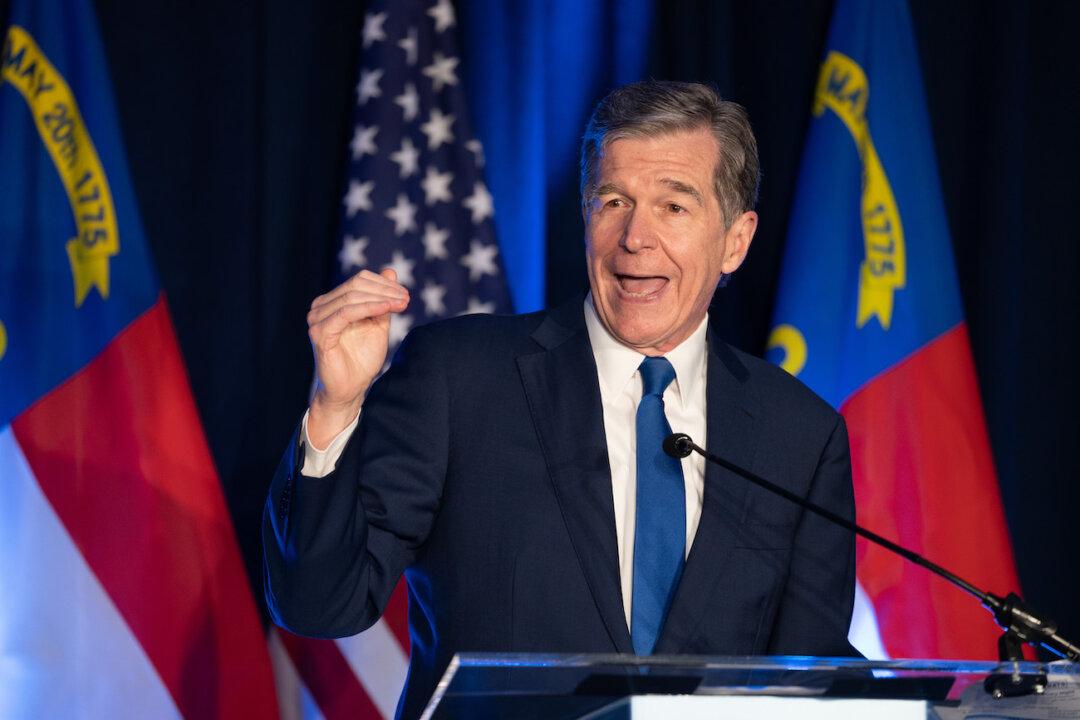North Carolina Gov. Roy Cooper is pushing for large investments in public education, along with pay rises for teachers and increased child care as part of his state budget proposals unveiled on Wednesday.
The Democrat presented his $34.5 billion proposed budget adjustment for Fiscal Year (FY) 2024-25 at the start of the North Carolina General Assembly’s short session, during which the Republican-controlled legislature hoped to pass a bill adjusting spending in the face of a roughly $1.4 billion revenue surplus.




